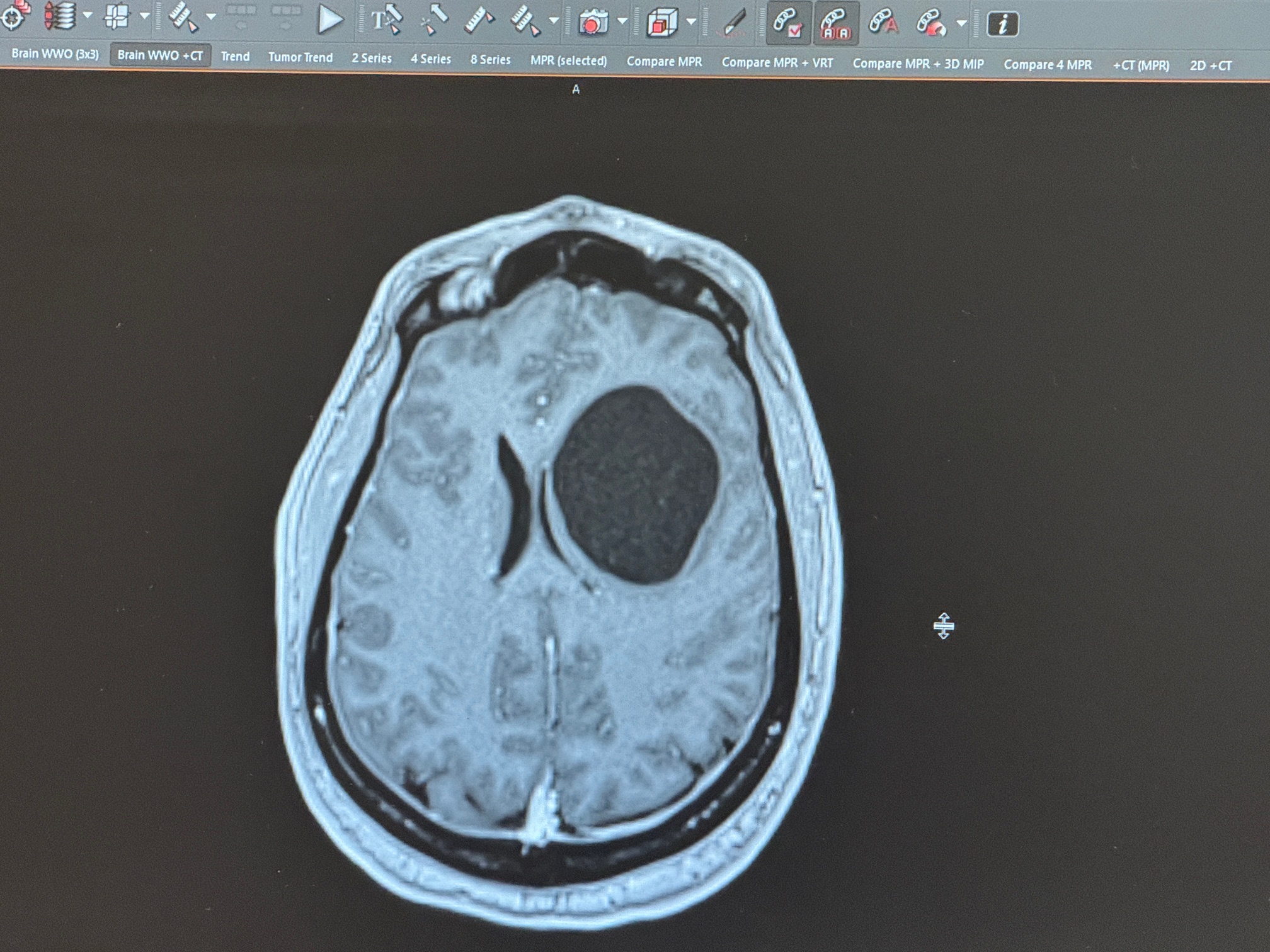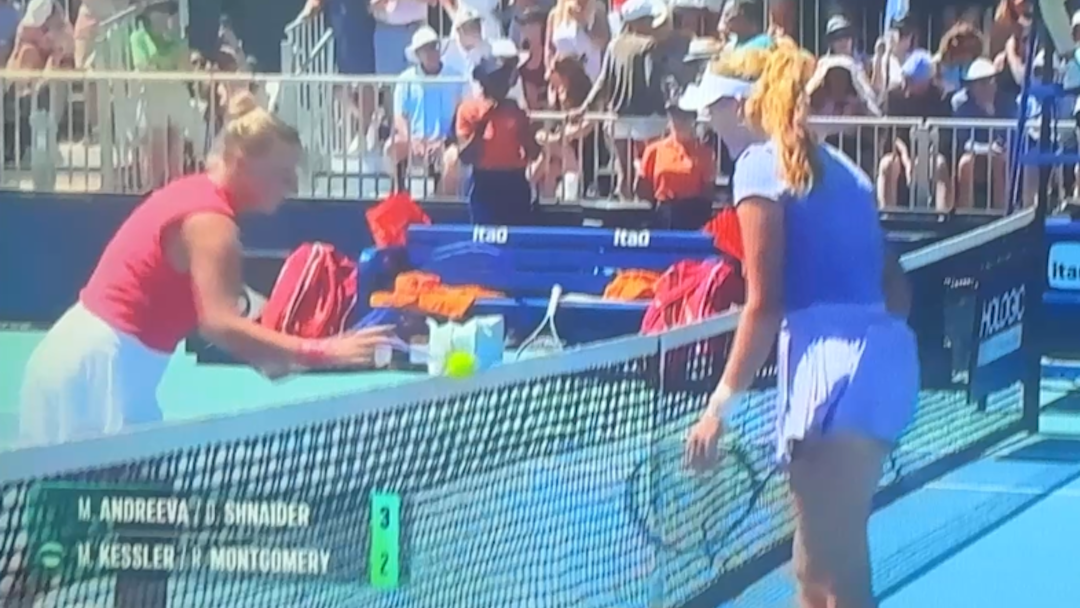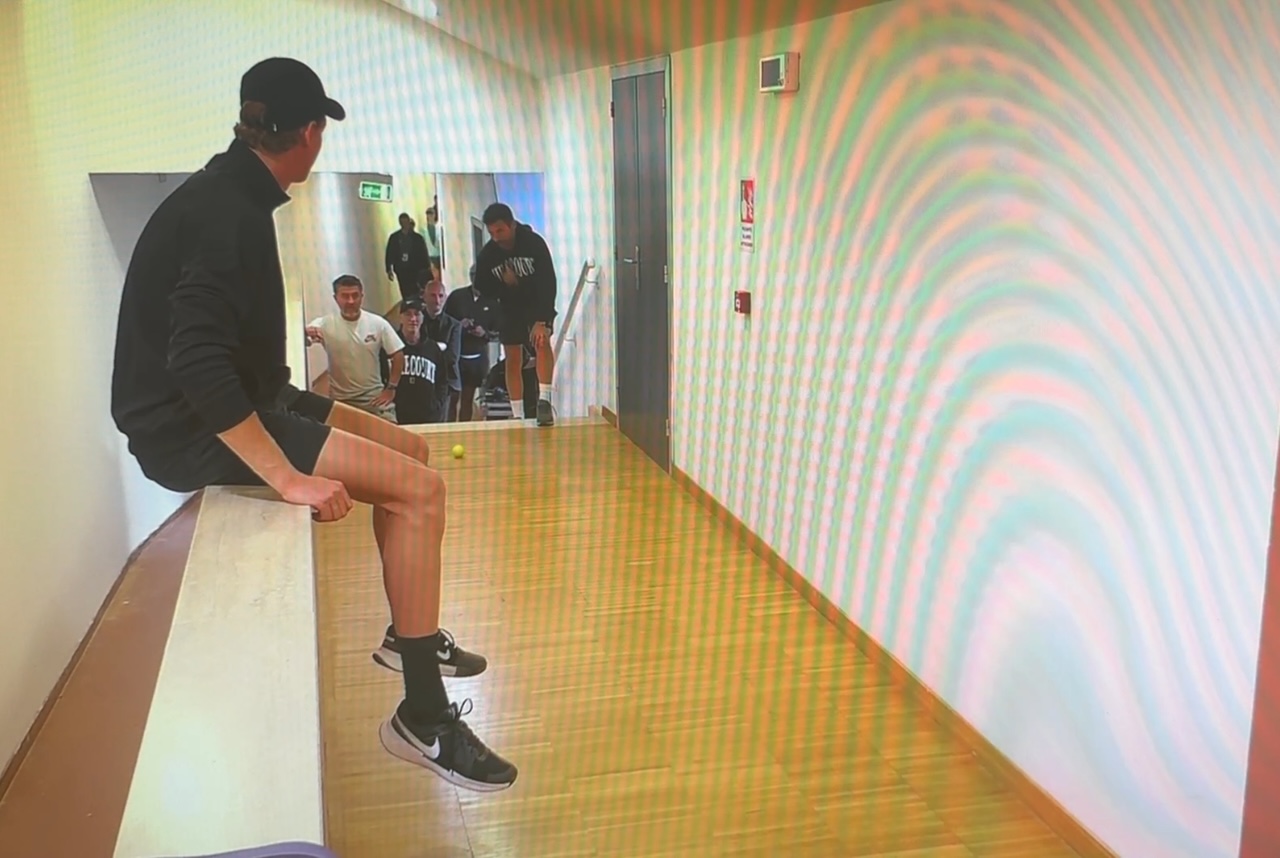Ukrainian tennis player Elina Svitolina refused to shake the hands of her Russian and Belarusian opponents after her matches during the French Open. Naturally, fate conspired to ensure that Svitolina faced players from those countries in three consecutive rounds. The first awkward moment followed her third-round win over Anna Blinkova as a chorus of boos rained down from the spectators after the customary handshake was not performed.
In the post-match press, Svitolina explained that her refusal to shake hands was a symbolic act of solidarity with the soldiers fighting to defend her home country. However, it raises the question of why players shake hands after tennis matches at all.
Roland Garros is played under the Grand Slam Rulebook, which says absolutely nothing at all about shaking hands. The Grand Slams must also comply with the ITF Rules of Tennis, which is also silent on the requisite handshake. Moving into the hypothetical, if this had been a WTA tour event, there is nothing in that official rulebook about a post-match handshake either.
Yet, somehow the post-match handshake is firmly ensconced as a universal tennis tradition. This is another example of an unwritten rule of tennis. In the United States, in matches played under USTA jurisdiction, there is one relevant sentence about the post-match handshake in “The Code,” which is a section of the USTA’s Friend at Court.
Shaking hands at the end of a match is an acknowledgment by the players that the match is over.
USTA Friend at Court, “The Code”, Principle 2 excerpt
In my youth, as I provided conscripted labor running tournament desks, that particular sentence of “The Code” frequently came into relevance. Typically players and/or parents would approach us to argue that they misunderstood the scoring system and that a match that had been reported as completed was not over.
One way this could happen is by two players erroneously terminating the match at 7 points rather than 10 when a super-breaker was played in lieu of a third set. Another common scenario was playing a super-breaker when a full third set was supposed to be played.
In those situations, I was taught that if there was a handshake, then the match was officially over, even when there was a scoring error. That one sentence in “The Code” reinforces that interpretation. From a tournament logistics standpoint, it would be challenging to resume a match in progress if the court was already reassigned.
Svilolina isn’t violating any rules by refusing to shake the hands of her opponents from Russia and Belarus. She is, however, breaking with tradition and one of the unwritten rules of tennis. As an additional nuance, for officiated matches, both players are also supposed to shake hands with the chair umpire. Per tradition, the losing player shakes hands with the official before the winner performs that action.
After the outcry following the match with Blinkova, all eyes were on Svitolina after she defeated Daria Kasatkina in the following round. The situation was completely diffused by Kasatkina, who went directly to the umpire for the handshake and gave Svitolina a quick thumbs up before quickly retreating to her own chair. It completely side-stepped the awkward moment.
After that match, I credited the lack of drama to the fact that Kasatkina knew in advance that Svitolina would not be shaking hands. She had advance notice and the time to figure out the best way to deal with the snub. I also assumed that the rest of Svitolina’s opponents would handle the situation the same way as Kasatkina. I was wrong.
After defeating Svitolina in the quarterfinals, Aryna Sabalenka stood at the net and glared at her opponent. Once again, the French Open fans noticed the absence of the handshake and booed Svitolina. Sabalenka has been vocal about the “hate” she has felt from the other players in the locker room. In retrospect, it probably should not have come as a surprise that she would press the issue.
The handshake ritual will surely be further explored in this blog as one of the unwritten rules of tennis. Svitolina’s protest during this year’s French Open is a great angle for examining the tradition.
- Ukraine’s Elina Svitolina explains why she will not shake hands with Russian players, Karolos Grohmann, The Independent, June 2, 2023.
- 2023 Official Grand Slam Rulebook, International Tennis Federation, viewed January 1, 2023.
- ITF Rules of Tennis, International Tennis Federation, 2023
- WTA Official Rulebook, WTA, 2023.
- Friend at Court: The Handbook of Tennis Rules and Regulations, USTA, 2023
- On missing the emotional crux of every tennis match, the handshake, Steve Tignor, Tennis.com, October 5, 2020.



